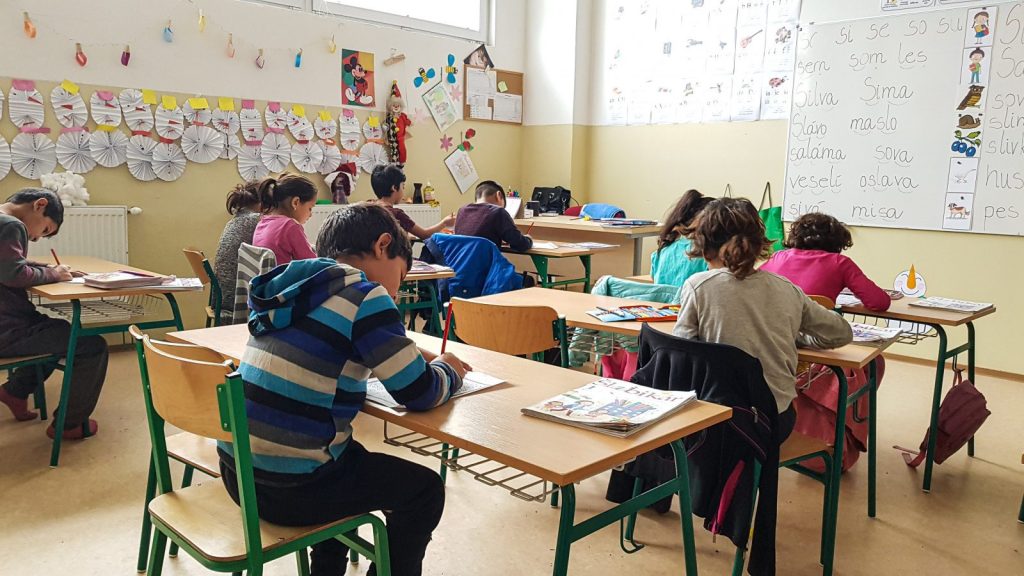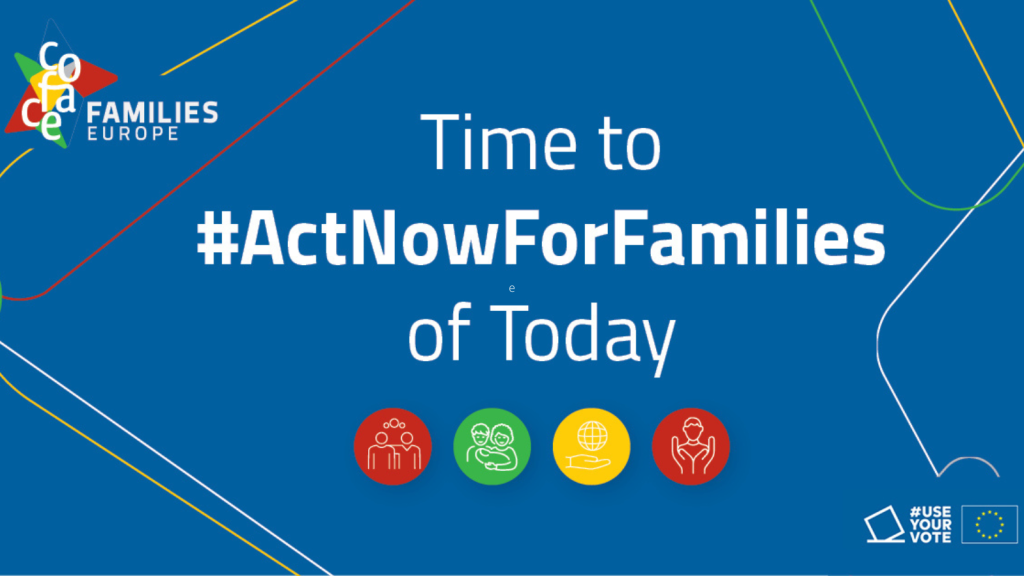Assessment of the European Child Guarantee National Action Plans from the perspective of children with disabilities and their families
More than 18 million children living in the European Union are at risk of poverty or social exclusion.[1] This represents 24.4% or 1 in 4 children in the EU. The European Child Guarantee, established through a Council Recommendation on the 14th of June 2021, is a key step in achieving the European Pillar of Social Rights target to reduce the number of children at risk of poverty and social exclusion.[2] However, this promise cannot be achieved without strong implementation at the national level. EU Member States agreed to develop National Action Plans (NAPs) outlining how they will implement this Council Recommendation up to 2030, but five National Action Plans are still missing and the submitted ones reflect different levels of commitment.
Two years after the historical adoption of this Recommendation and the promise of all EU Member States to act to lift children and their families out of poverty, COFACE Families Europe assessed the plans submitted by April 2023 from the perspective of children with disabilities and their families who experience specific barriers when accessing key services and have a more significant risk of poverty and social exclusion.[3] Children with disabilities are one of the six target groups highlighted within the Child Guarantee Recommendation. In the assessment, specific attention was paid to the following dimensions: inclusive education and school-based activities, inclusive (digital) educational tools, accessibility of key services, intersections with other policy fields or discrimination forms, involvement of children with disabilities, their families and civil society organisations, and broader measures to support families of children with disabilities.
One of COFACE’s key findings from the assessment is that children with disabilities are a clear target group in most of the National Action Plans, but sufficient data and clear definitions are still lacking. Moreover, most measures for children with disabilities are related to inclusive education, but more measures are needed in relation to access to housing, healthy nutrition, and healthcare. COFACE Families Europe and the COFACE Disability Platform have high expectations for the full implementation of the Child Guarantee and call on Member States to use a two-generation (based on the interrelated well-being of children and their caregivers) and intersectional approach which complements efforts of other EU policy and legal frameworks to design policies which are inclusive of all children and their families. We call on the European Commission to reflect this commitment in the upcoming monitoring framework on the European Child Guarantee.
Consult the full assessment here.
[1] Eurostat, 2021, https://ec.europa.eu/eurostat/statistics-explained/index.php?title=Children_at_risk_of_poverty_or_social_exclusion.
[2] Council of the European Union, Council Recommendation (EU) 2021/1004 of 14 June 2021 establishing a European Child Guarantee; European Commission, The European Pillar of Social Rights, 2017.
[3] European Disability Forum, “Increasing cost of living: Persons with disabilities hit harder”, 2022; European Disability Forum, “EDF Resolution – Prioritising persons with disabilities in the action against inflation and energy costs”, 2022; European Commission, “Feasibility study for a child guarantee – Target group discussion paper on children with disabilities”, 2020, p.15-16.





